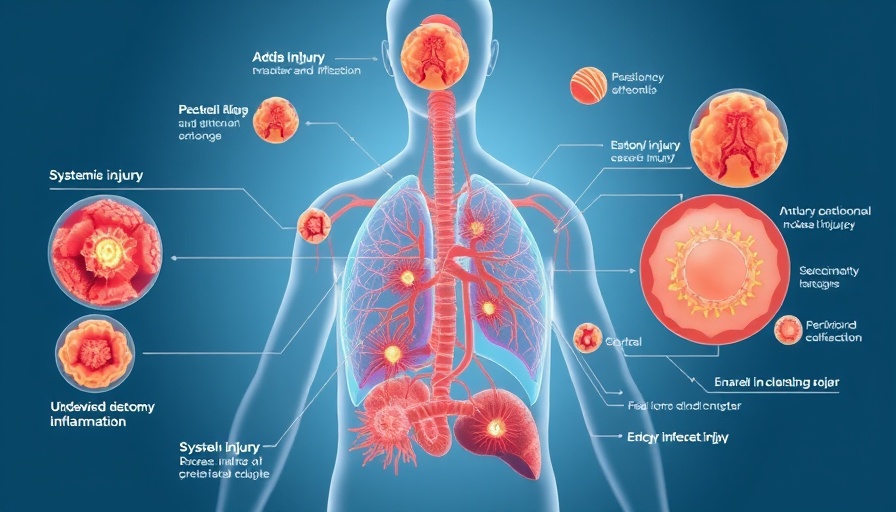
Key Findings on ARDS Treatment Options
A recent study has made headlines, revealing that intravenous propofol significantly outperforms inhaled sevoflurane in improving ventilation and survival rates in patients suffering from Acute Respiratory Distress Syndrome (ARDS). This finding comes at a crucial time as ARDS remains a leading complication in critically ill patients, often linked to severe forms of pneumonia and other respiratory ailments arising from various causes, including infections and trauma.
Understanding Acute Respiratory Distress Syndrome
ARDS is a serious condition characterized by widespread inflammation in the lungs, leading to difficulty breathing and reduced oxygen levels in the blood. The traditional approaches to managing ARDS often use mechanical ventilation and various anesthetic agents, but optimizing these methods is essential. Propofol, a commonly used intravenous anesthetic, has now shown promising results, drawing particular attention from healthcare professionals and researchers alike.
The Study's Insights and Methodology
The study involved a controlled trial where researchers compared outcomes of patients administered either propofol or sevoflurane across various metrics. Propofol was found to enhance airway pressures and improve oxygenation levels more effectively than sevoflurane. Experts believe that the pharmacological properties of propofol, which enable better control over sedation and respiratory function, account for its improved outcomes.
What Sets Propofol Apart?
One of the critical advantages of propofol is its rapid onset and shorter half-life, allowing healthcare providers to quickly adjust dosages based on patient responses. Additionally, propofol's anti-inflammatory properties may contribute to better lung function recovery compared to sevoflurane, making it a more favorable option for ARDS management. Some researchers stress, however, the need for caution due to concerns about potential side effects of prolonged propofol use, such as hypotension and respiratory depression.
The Future of ARDS Treatment: Perspectives and Predictions
Medical professionals are optimistic about this study's implications for future ARDS treatments. The increasing prevalence of respiratory conditions, exacerbated by climate change and rising asthma and allergy cases, underscores the necessity of innovative therapies. Propofol’s effectiveness may pave the way for reviews of existing ARDS protocols, leading to updated clinical guidelines that emphasize individualized patient care and treatment efficacy.
Challenges and Counterarguments in Treatment Approaches
While the evidence supporting propofol's use is compelling, some experts caution against relying solely on this study's findings. Other factors, such as the specific causes of ARDS and individual patient health profiles, play significant roles in treatment success. It is also vital to weigh the costs and availability of these anesthetic agents, particularly in resource-limited healthcare settings.
Conclusion: Navigating New Horizons in Respiratory Care
This study highlights an essential shift in how ARDS could be treated, with implications for the broader field of critical care medicine. Understanding and implementing new findings will require ongoing education for healthcare practitioners, ensuring they remain at the forefront of treatment innovation.
 Add Row
Add Row  Add
Add 




Write A Comment